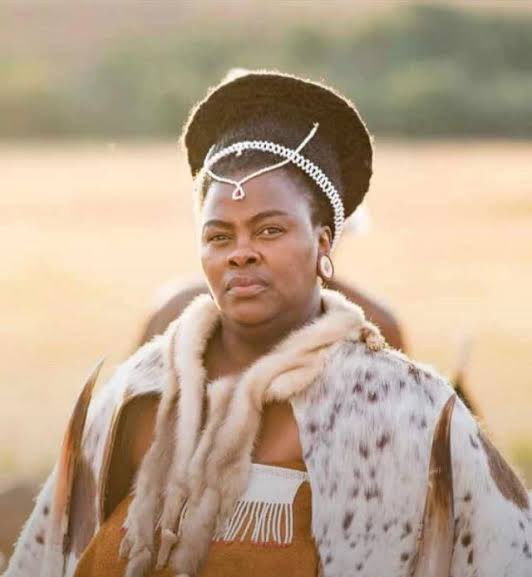1. MEMORABLE POLITICAL SCANDALS IN NDEBELE HISTORY 🇿🇼
Umnxeba... ✍🏾
Political crimes/amacala ezombuso often resulted in the capital punishment of those found guilty. The political elite in the Ndebele had to be shrewd & be on good terms with iNkosi for their self preservation.
Umnxeba... ✍🏾
Political crimes/amacala ezombuso often resulted in the capital punishment of those found guilty. The political elite in the Ndebele had to be shrewd & be on good terms with iNkosi for their self preservation.

2. The Ntabazinduna treason trial of 1840-42 is perhaps the most well known political crisis of the Ndebele state. This is when some chiefs installed Nkulumane as the second Ndebele king when his father was still alive. 

3. Mzilikazi descended heavily on the chiefs, military leaders, his wives & close relatives who endorsed & or participated in the treasonous exercise of installing Nkulumane as King. All those found guilty were executed. 

4. The Zwangendaba rebellion of 1870-72 against the coronation of Lobhengula after the death of King Mzilikazi is another memorable political scandal. Mbiko the son of Madlenya Masuku with his wife Zinkabi the sister to Nkulumane attempted a coup against Lobhengula. 

5. Lobhengula responded swiftly by confronting Mbiko & his Zwangendaba regiment. This was after they boycotted the first inxwala ceremony presided over by Lobhengula after being installed as King. Mbiko & his regiment were executed. Those who survived fled to far away lands. 

6. There are other prominent political leaders in the Ndebele state who were executed after accusations of political ambitions & seeking to eliminate political rulers through witchcraft. Accusations often came from their political rivals. 

7. In 1880 Lotshe Hlabangana a close advisor & confidante of King Lobhengula survived witchcraft allegations by his political opponents.Witchcraft was a capital offence punishable by death. 

8. However, in 1889 he was accused if misleading the king in the signing of the Rudd Concession of 1888. This time around Lotshe did not survive the plot to eliminate him. He was found guilty of treason & was executed. 

9. The prominent and powerful members of the Ndebele society tended to manipulate and
abuse their power and positions in the umphakathi and izikhulu to eliminate one another by
accusing each other of witchcraft and plots against the king.
abuse their power and positions in the umphakathi and izikhulu to eliminate one another by
accusing each other of witchcraft and plots against the king.
10. One of Mzilikazi’s closest confidants, Manxeba Khumalo
(the son of Mkhaliphi) was executed in 1862 on a charge of witchcraft by his rivals in the umphakathi. In 1854 Mpondo, another of Mzilikazi's confidants
was executed on witchcraft accusations as well!
(the son of Mkhaliphi) was executed in 1862 on a charge of witchcraft by his rivals in the umphakathi. In 1854 Mpondo, another of Mzilikazi's confidants
was executed on witchcraft accusations as well!

• • •
Missing some Tweet in this thread? You can try to
force a refresh
















